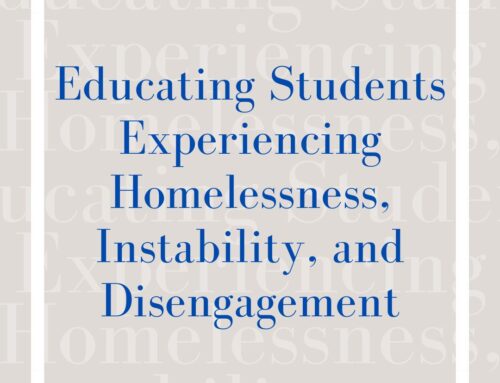I read a blog about an individual who grew up, as they said “trailer trash,” or “TT.” One out of 16 homes in America is a mobile home. When there is a tornado someone will say, “Well, they shouldn’t live in a trailer.” But often there is no choice, and having a roof is always preferable to not having a roof. Where you live and what you live in has nothing to do with talent or ability, this is about understanding poverty.
I showed a video from the PBS series People Like Us of a white boy who lives in a trailer to a group of urban principals. Two of the principals were very upset because they said that the trailer house example of poverty was not real—that they either found the one or two trailers that existed, or they did a mock-up with actors. I don’t think so. It is real.
Rural poverty is growing faster than urban poverty right now. Many individuals in rural poverty live in trailers. Life in rural poverty can be very isolating, particularly if there is not transportation at home. Because the major media networks are in big cities, rural poverty is never given the understanding or attention it needs.
In rural areas, schools represent the communities. As people move out of these communities, it leaves the schools with less children. Many schools are forced to consolidate. Along with the social linkages and the relationships that would have been formed in those smaller schools, the community is lost as well.
If you are in a poor, rural community, I would love to hear your comments about this.








